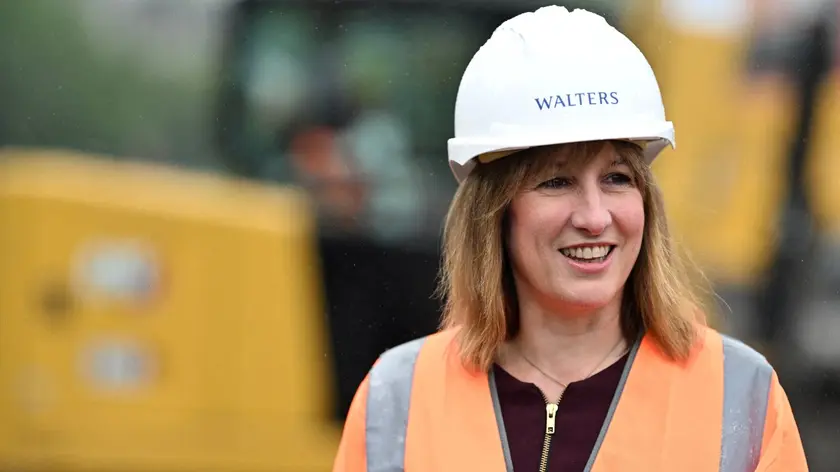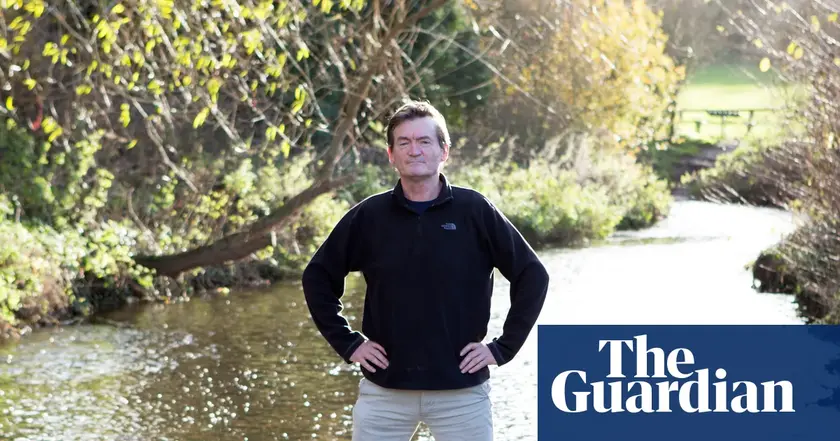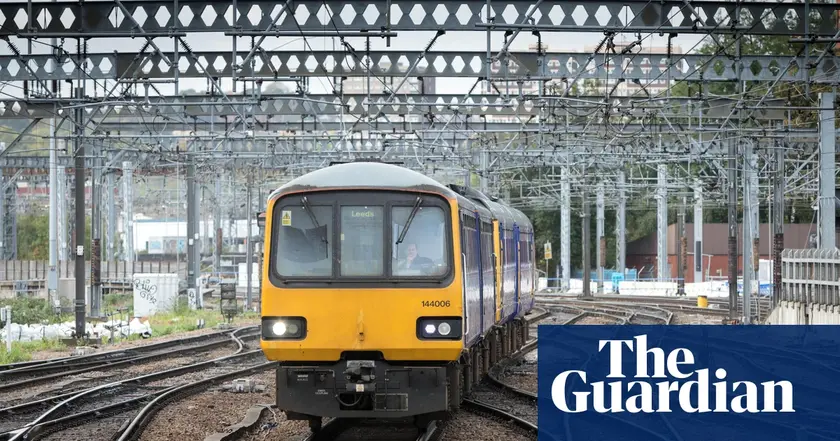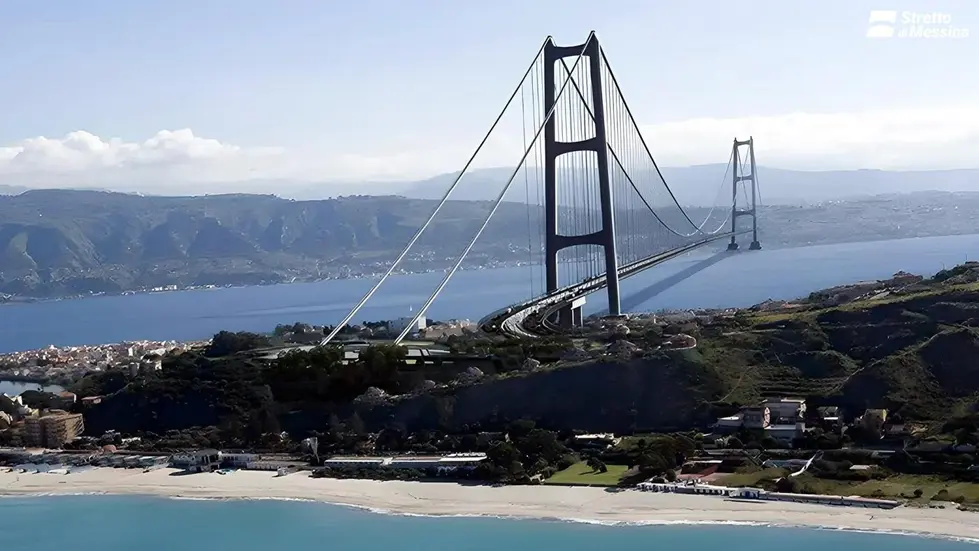T4K3.news
Reeves moves to curb habitat protections to speed projects
The chancellor is weighing reforms that would reduce environmental safeguards to accelerate infrastructure projects.

Chancellor weighs relaxing natural protections to accelerate infrastructure, drawing criticism from environmental groups.
Reeves aims to ease habitat rules to speed projects
Chancellor Rachel Reeves is examining major planning reforms that could ease environmental protections that block infrastructure. The Treasury is drafting a Planning and Infrastructure Bill and is considering trimming parts of European rules that developers say slow key projects. A UK-only list of protected species is being discussed, reducing weight given to wildlife that is rarer elsewhere in Europe but common in Britain. The change would replace the precautionary principle with a risk and benefit assessment for proposed schemes.
The plan is controversial. Labour says the reforms would deliver a win-win for growth and nature, but environmental groups warn of damage to biodiversity targets. Some Labour MPs fear a backlash from voters, while industry sources say reforms must be credible and well designed to avoid delays through new rules and legal fights.
Key Takeaways
"I care more about the young family getting on the housing ladder than I do about protecting some snails."
Reeves on housing vs environmental protections
"Focus on getting things built, and stop worrying about bats and newts."
Reeves on planning priorities
"The government has to face up to the tensions in the Habitat Regulations and say on some things you just have to press ahead."
Lord Hunt of Kings Heath on moving infrastructure forward
"We urge the government to drop the worn-out 'builders versus blockers' narrative."
CPRE on the reform narrative
The push fits a broader political arc: growth-first economics with infrastructure as the lever. If the plan moves ahead, it could reshape the balance of power between developers, regulators, and communities. The political risk rises as environmental groups mobilize and some Labour MPs push back on how far to bend rules to speed up projects.
The plan tests a central question about governance: can Britain modernize its infrastructure while keeping public trust and biodiversity targets? The answer depends on credible guardrails, including robust offset schemes and transparent criteria for risk-benefit decisions. Without those safeguards, the policy could become a slogan for deregulation rather than a practical tool for productivity.
Highlights
- Build first, bats can wait
- Speed needs a plan that respects nature
- Reality checks must guide policy and pace
- Grow the economy with caution for the natural world
Regulatory shift could provoke political and public backlash
The proposal touches sensitive topics around biodiversity targets, planning control, and judicial review. It risks opposition from environmental groups and some Labour MPs, potential legal challenges, and political fallout ahead of the autumn budget.
The coming weeks will test Labour's balance between growth and nature.
Enjoyed this? Let your friends know!
Related News

Vaccine funding dispute stirs health policy

Tesla Robotaxi in Texas Next Month

mrna vaccine funding cut

Project Hyperion Launches Competition for Stellar Travel Designs

River Lea dispute heads to courts

Labour to revive NPR plan ahead of conference

Brazil signs environmental bill with vetoes

Arctic glaciers face terminal decline due to microbial melt
